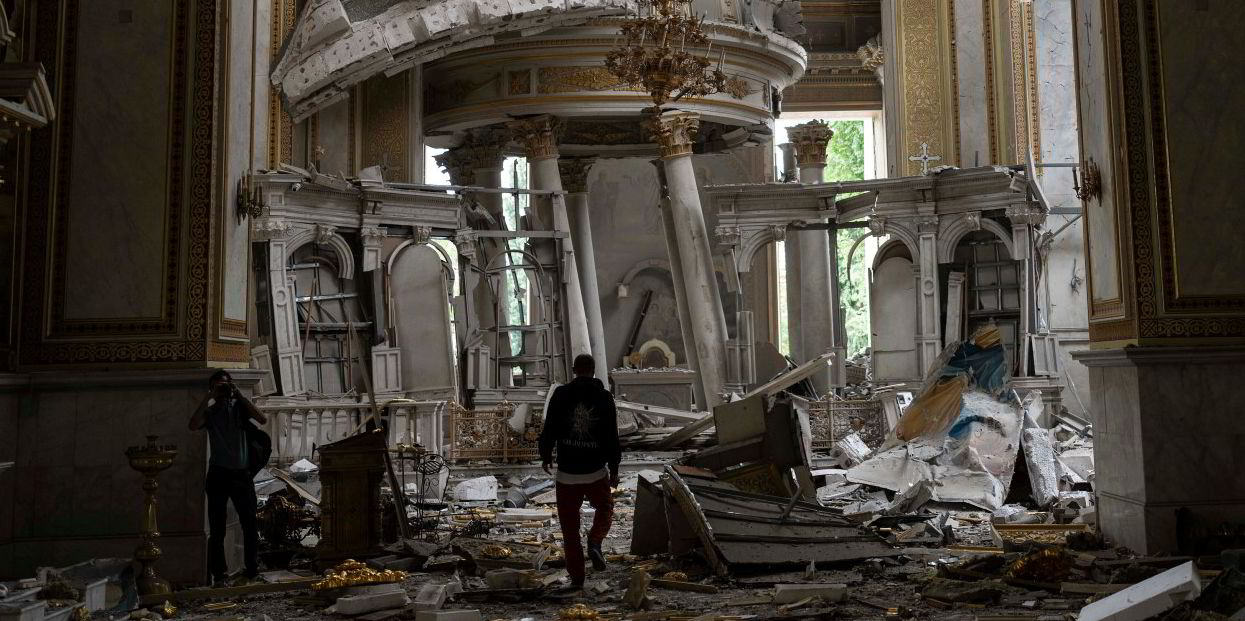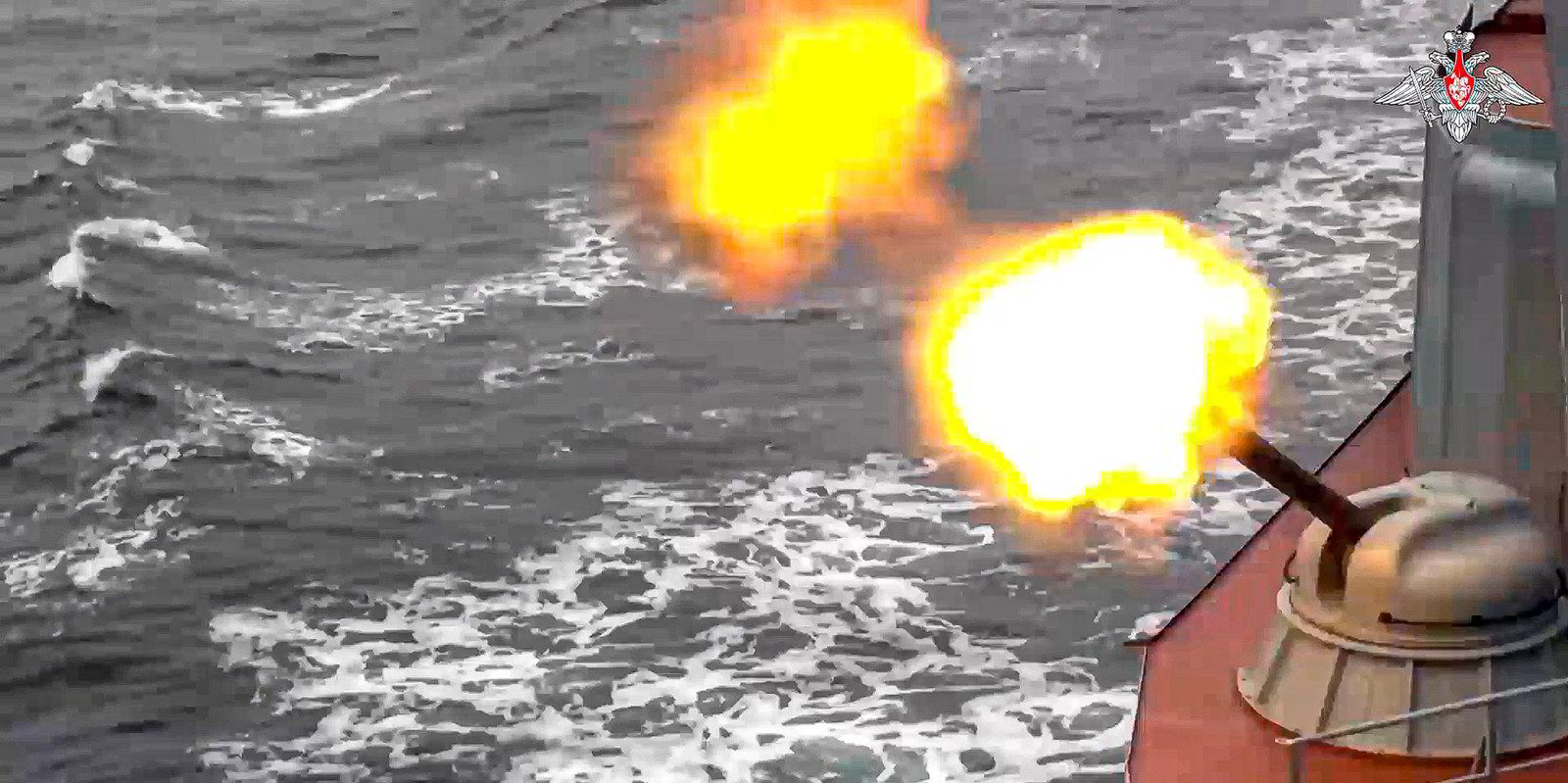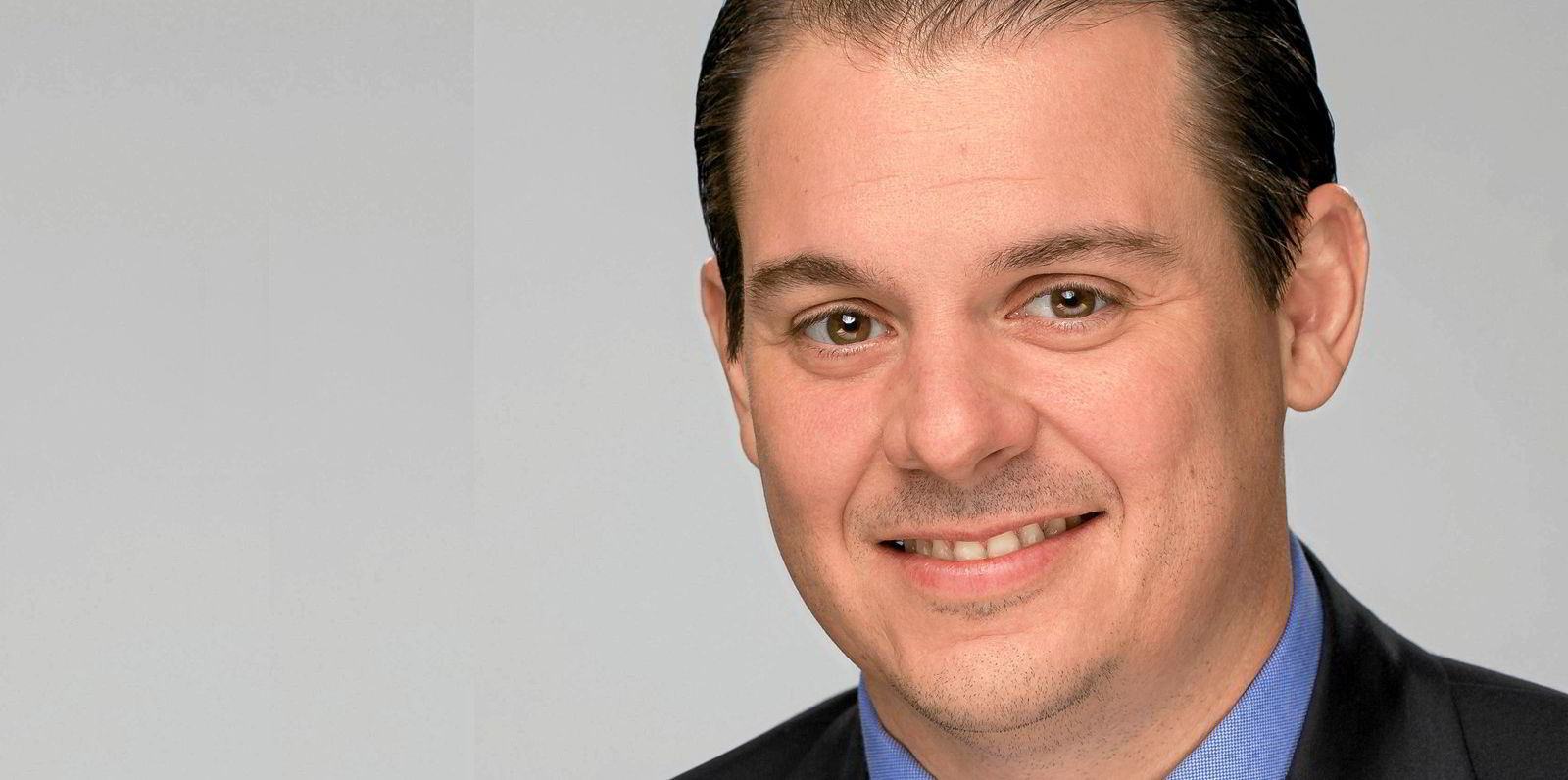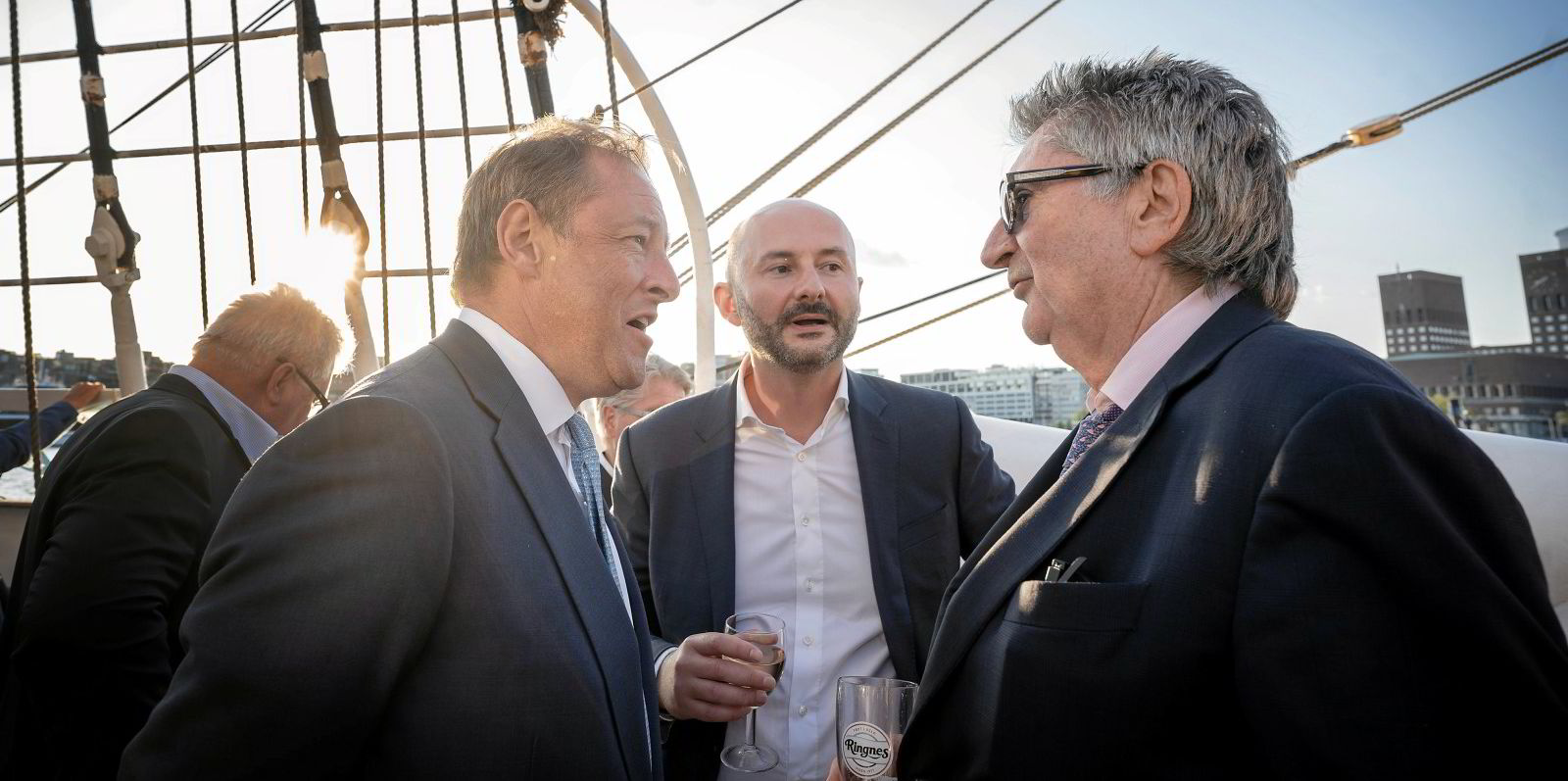The shifting politics of global shipping threatens to end Russia’s 63-year membership of a key decision-making body of the London-based International Maritime Organization.
Elections later this year will decide the 40 countries that for two years from January will make up the executive — the IMO’s council — in the first vote since the Russian invasion of Ukraine.
Russia has not yet put itself up for the election, but the war and subsequent threats to commercial shipping in the Black Sea will see it black-balled by some countries if it decides to stand, according to IMO watchers.
The threat to Russia — which is currently sitting on the council as one of the 10 countries with “the largest interest in providing international shipping services” — highlights how global politics plays a significant role in a body that largely sees itself as a regulator of technical and professional standards.
The last council meeting in July saw Iran stripped of its right to hold a World Maritime Day event because of its seizures and attacks on shipping in the Middle East Gulf in a rare vote that observers say could signal a more political role for the council.
The council elections are split into three sections. Ten seats are available for the countries supplying major shipping services, which currently includes Russia and its opponents over the war in Ukraine — the US and UK.
Ten more are for members with the largest interest in seaborne trade, while 20 are available for countries with special maritime interests or to ensure proper global representation.
Russia is one of just nine countries with an unbroken membership of the council since 1960 along with India, Japan, Canada, France, Germany, Norway, the UK and US.
But Russia is the only one of those nine that has not yet declared for the council. Nominations can be put forward until just before the vote by the 175-member assembly, which is due to meet between 27 November and 6 December.
IMO watchers said if Russia seeks election, it will likely be up against 10 other leading maritime nations, with only one of them losing out.

Liberia is not currently on the council but will have a strong argument to claim one of the 10 seats after becoming the world’s largest flag state — and its candidacy could push out Russia if it comes down to a vote.
Eight have put in their nominations for the “elite group” so far: Greece, Italy, Japan, Liberia, Norway, Panama, the UK and US. Of the incumbents, China, South Korea and Russia are yet to declare, according to the IMO website. The Russian mission to the IMO has been approached for comment.
If Russia does stand, its campaign could be fatally flawed because of its war on Ukraine, the threats it has made to commercial shipping and the blockading of Ukraine’s ports that have trapped dozens of vessels.
‘Cosy community’
“Russia would have 30 to 40 members who wouldn’t vote for them to start with,” one observer said.
In 2021, the IMO’s general assembly agreed to increase the size of the council to 52 members and double the time in post to four years. The change will only come into force once it is ratified by 117 IMO members and will not affect the coming election.
The newly elected council will start its work at the same time as the shipping regulator’s new secretary general, Arsenio Dominguez of Panama — a long-serving official at the United Nations body, who has promised to bring change and more openness.
The IMO was described by Finland as a “cosy shipping community” during campaigning for the top job, which was won by Dominguez in July.
Read more
- Comment: Troubled IMO opts for a safe pair of hands and elects a leader who can get results
- Arsenio Dominguez: I’m not afraid of change at the IMO
- A matter of time: Cruise aims to change IMO’s ‘inappropriate’ carbon intensity equation
- Panama’s Arsenio Dominguez named as new IMO chief
- Decision day: Seven candidates vie for top job at IMO





